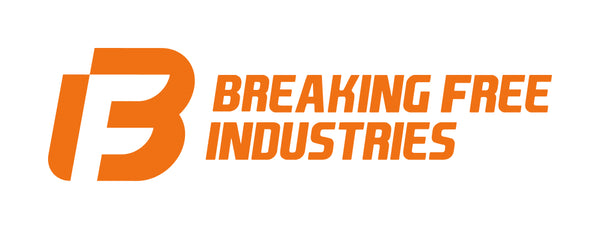In recent years, the state of California has been at the forefront of significant discussions and reforms regarding cash bail, a system that has long dictated the pre-trial release process in the United States. The debate pits the traditional cash bail system against emerging cashless models, with significant implications for justice, equity, and the very fabric of the legal process.
The Traditional Cash Bail System
Traditionally, cash bail has been justified as a mechanism to ensure that individuals accused of crimes return for their court dates. It requires the accused to post a certain amount of money as collateral, which is returned upon their court appearance. However, this system has been criticized for creating a two-tiered system of justice: one for the wealthy, who can afford bail, and another for the economically disadvantaged, who cannot.
In California, stories abound of individuals who, unable to afford even a few hundred dollars in bail, are forced to remain incarcerated until their trial. This not only disrupts their lives, leading to job loss and familial separation, but also places them in a disadvantaged position for fighting their charges. From a logistical standpoint, being incarcerated limits access to legal resources, reduces the capacity to work with legal counsel, and makes it challenging to gather evidence or witnesses in defense.
The Disproportionate Impact on Communities of Color
Critics of the cash bail system point to its disproportionate impact on communities of color. Studies have shown that bail amounts are often set higher for people of color compared to their white counterparts for similar crimes. This systemic bias exacerbates the inequalities present in the justice system, resulting in higher rates of incarceration for people of color over minor charges, simply because they cannot afford bail.
The Rise of Cashless Bail and Bail Funds
In response to these criticisms, there has been a push towards a cashless bail system in California, which aims to eliminate financial barriers to pre-trial freedom. Under a cashless system, decisions about pre-trial release are based on assessments of risk rather than financial capacity. This shift intends to make the justice system more equitable, ensuring that decisions about incarceration and freedom are not made on the basis of wealth.
Parallel to the discussion on cashless bail is the role of bail funds. Organizations like the Massachusetts Bail Fund, which serves as a model for similar initiatives across the country, work to pay bail for individuals who cannot afford it. By doing so, these funds help prevent the unnecessary pre-trial incarceration of economically disadvantaged individuals, highlighting the systemic flaws of cash bail. They underscore the urgent need for reform by actively demonstrating the impact of financial barriers on the lives of those caught within the legal system.
The Argument for Cash Bail
Supporters of cash bail argue that it serves as a necessary incentive for defendants to return for their court dates. They contend that by having personal or familial money on the line, individuals are more likely to comply with court requirements. However, the effectiveness of cash bail as a deterrent has been called into question, with research indicating that cashless systems can be just as effective in ensuring court appearances without the unjust consequences of financial-based pre-trial detention.
Fighting Charges from Behind Bars
The difficulties faced by incarcerated individuals in fighting their charges cannot be overstated. Incarceration limits one's ability to communicate effectively with legal representation, participate in their own defense, and maintain the personal and professional connections necessary for support during legal battles. It creates a situation where the accused are more likely to accept plea deals, not necessarily because of guilt, but because it offers the quickest route out of jail, further entrenching the inequalities and inefficiencies of the legal system.
Conclusion
The move towards cashless bail in California represents a significant step towards rectifying the inequalities of a system that has long privileged wealth over justice. By examining the implications of cash bail and the burgeoning role of bail funds, it becomes evident that reform is not only necessary but critical for the advancement of a more equitable legal system. As California navigates these changes, it serves as a pivotal model for the rest of the country, highlighting the possibility of a justice system that upholds the principles of fairness and equality for all, irrespective of economic status.

